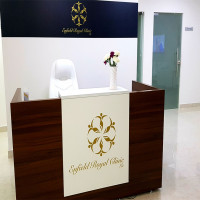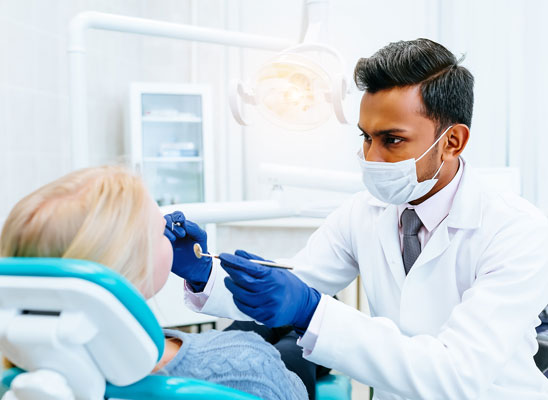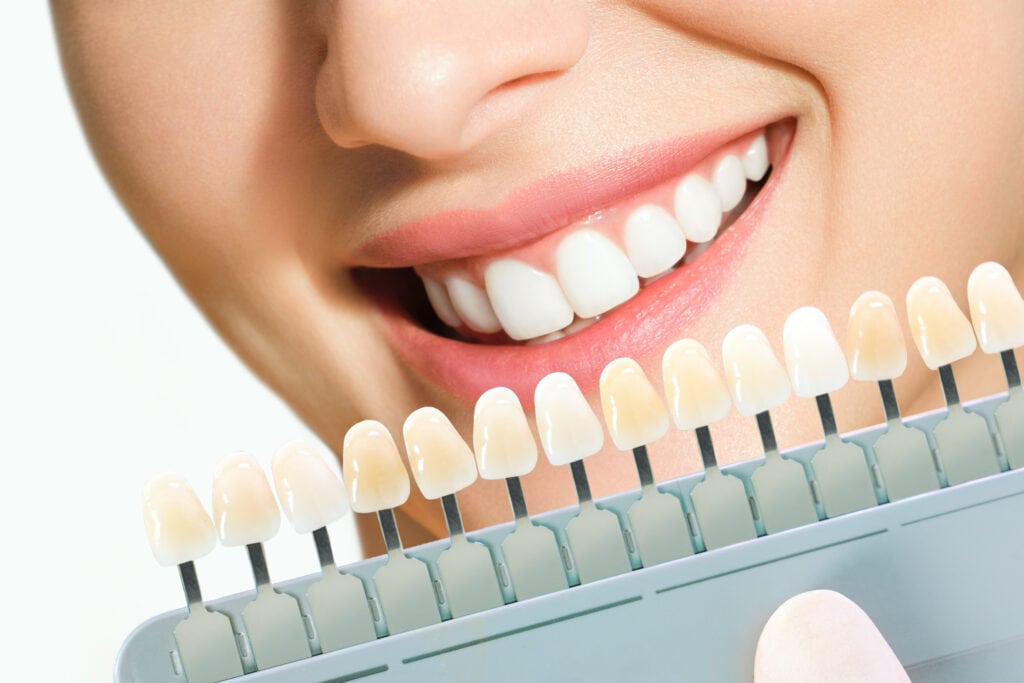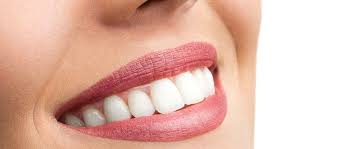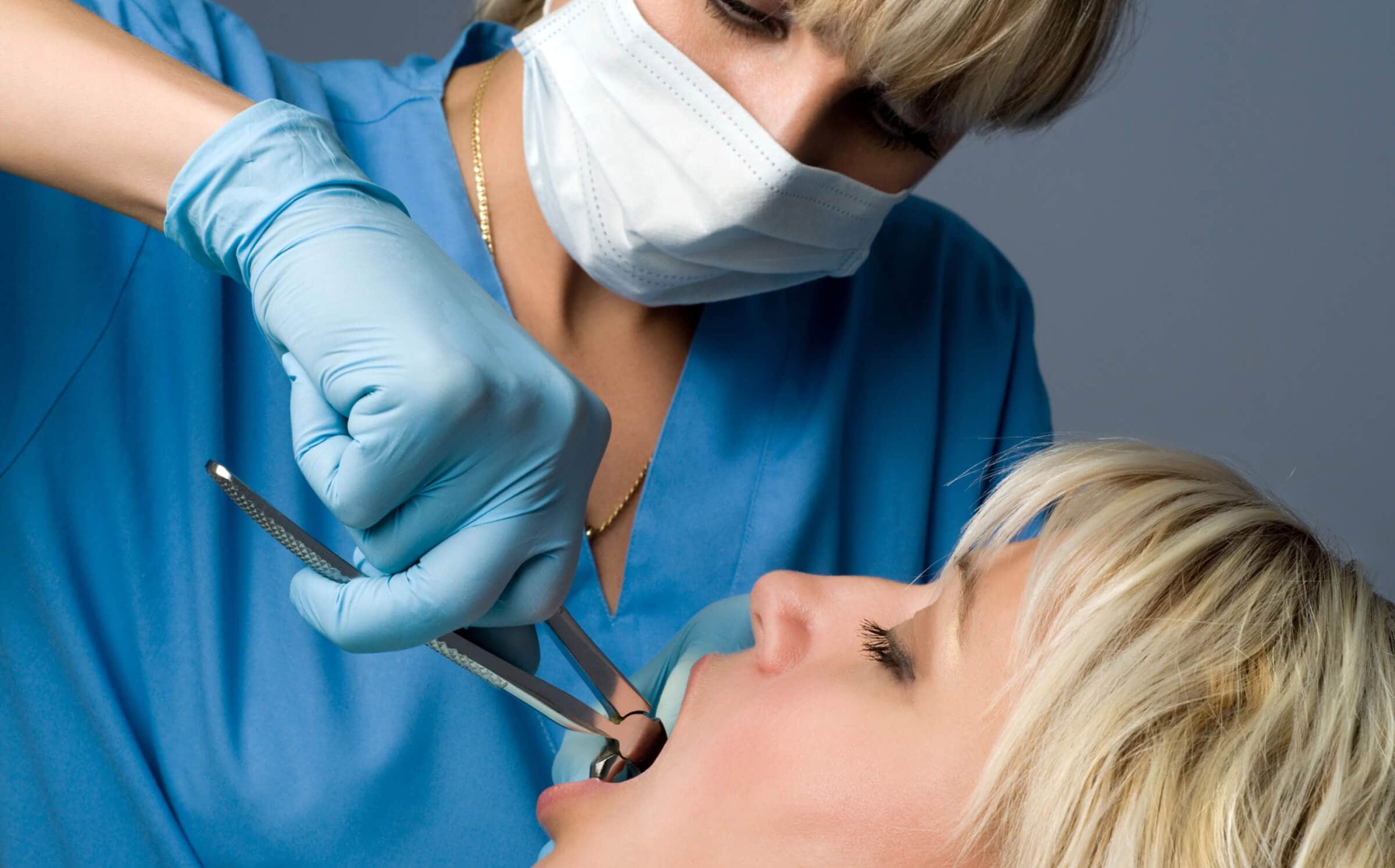5 Signs You Might Need to See an Orthodontist
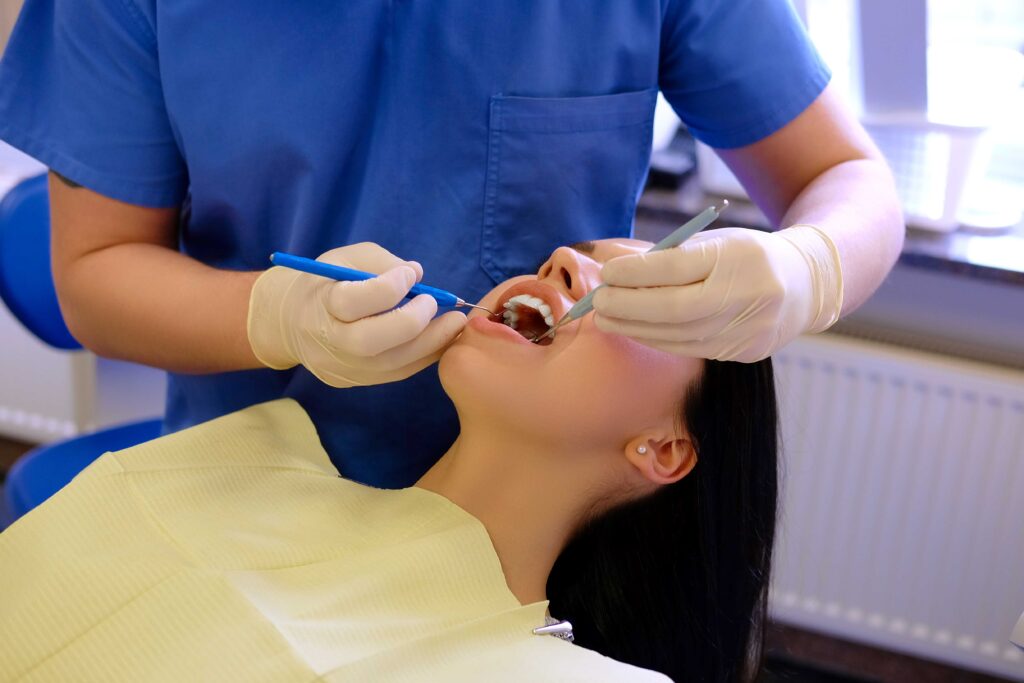
Strong 8k brings an ultra-HD IPTV experience to your living room and your pocket.
If you’ve ever wondered whether it’s time to visit an orthodontist in Dubai, you’re not alone. Many people delay seeking orthodontic care, thinking that their dental issues are either too minor or not worth addressing. However, there are certain signs that indicate it might be time for a consultation with an orthodontist. From difficulty chewing to misaligned teeth, recognizing these early warning signs can help you avoid more significant dental problems in the future. In this article, we will explore five common signs that suggest you might need to see an orthodontist.
1. Difficulty Chewing or Biting:
One of the most obvious signs that you might need to see an orthodontist is if you experience difficulty chewing or biting. If your teeth don’t seem to come together properly or you find it hard to bite into certain foods, it may indicate that your teeth or jaws are misaligned.
Why This Happens:
Misaligned or crooked teeth can prevent your upper and lower teeth from aligning correctly when you bite.
A misaligned bite, also known as malocclusion, can cause discomfort and affect how well you chew your food.
What an Orthodontist Can Do:
An orthodontist can assess the alignment of your teeth and jaw and provide solutions such as braces or aligners to correct your bite.
Early intervention can help prevent further complications and improve overall functionality.
2. Crooked or Misaligned Teeth:
Crooked or misaligned teeth are one of the most common reasons people seek orthodontic care. Whether your teeth are crowded, spaced out, or crooked, this can affect both your appearance and your oral health.
Why This Happens:
Genetics is often the cause of crooked teeth, but other factors like thumb-sucking during childhood, early tooth loss, or injury can also contribute to misalignment.
Misalignment can also lead to uneven wear on your teeth, which may cause additional dental problems over time.
What an Orthodontist Can Do:
Your orthodontist will conduct a comprehensive examination to determine the best treatment plan for you.
Solutions like traditional braces, clear aligners, or other corrective devices can help straighten your teeth and improve your smile.
3. Jaw Pain or Clicking:
If you experience pain in your jaw or notice a clicking sound when you open or close your mouth, it could be a sign of a misaligned bite or temporomandibular joint (TMJ) disorder.
Why This Happens:
Misalignment of your teeth or jaw can cause strain on your temporomandibular joint (TMJ), leading to pain or discomfort.
The clicking or popping sound when opening or closing your mouth could indicate that your jaw is not functioning properly.
What an Orthodontist Can Do:
An orthodontist can evaluate the alignment of your jaw and provide treatment options to correct any misalignment or bite issues.
In some cases, orthodontic treatment can alleviate jaw pain and improve overall jaw function.
4. Speech Problems:
Speech difficulties, such as lisping or trouble pronouncing certain sounds, may be related to the alignment of your teeth or jaw. These issues can often be corrected with orthodontic treatment.
Why This Happens:
When your teeth are misaligned, it can interfere with the way your tongue moves during speech.
An improper bite can also affect the clarity of your speech.
What an Orthodontist Can Do:
Your orthodontist will evaluate your bite and the alignment of your teeth to determine the cause of your speech issues.
Treatment such as braces or aligners can improve the position of your teeth and jaw, which in turn can help resolve speech problems.
5. Teeth Grinding or Clenching:
Teeth grinding (bruxism) or clenching is another sign that you may need to visit an orthodontist. Many people grind their teeth unknowingly, especially while sleeping, and this can lead to significant dental damage over time.
Why This Happens:
Misalignment of the teeth or jaw can cause uneven pressure on your teeth when you bite down, leading to grinding or clenching.
Stress or anxiety can also contribute to teeth grinding, but orthodontic issues can exacerbate the problem.
What an Orthodontist Can Do:
An orthodontist can create a custom mouthguard to protect your teeth from damage caused by grinding or clenching.
They can also recommend orthodontic treatments to address the underlying misalignment causing the problem.
Conclusion:
If you notice any of the signs mentioned above, it may be time to schedule a consultation with an orthodontist in Dubai. Whether you’re dealing with difficulty chewing, crooked teeth, jaw pain, or speech problems, an orthodontist can provide effective solutions to address your concerns. Early intervention is key to ensuring the long-term health of your teeth and jaw. Don’t wait until a small problem becomes a bigger issue—visit an orthodontist today to discuss your treatment options and take the first step toward achieving a healthier, more confident smile.
Note: IndiBlogHub features both user-submitted and editorial content. We do not verify third-party contributions. Read our Disclaimer and Privacy Policyfor details.

